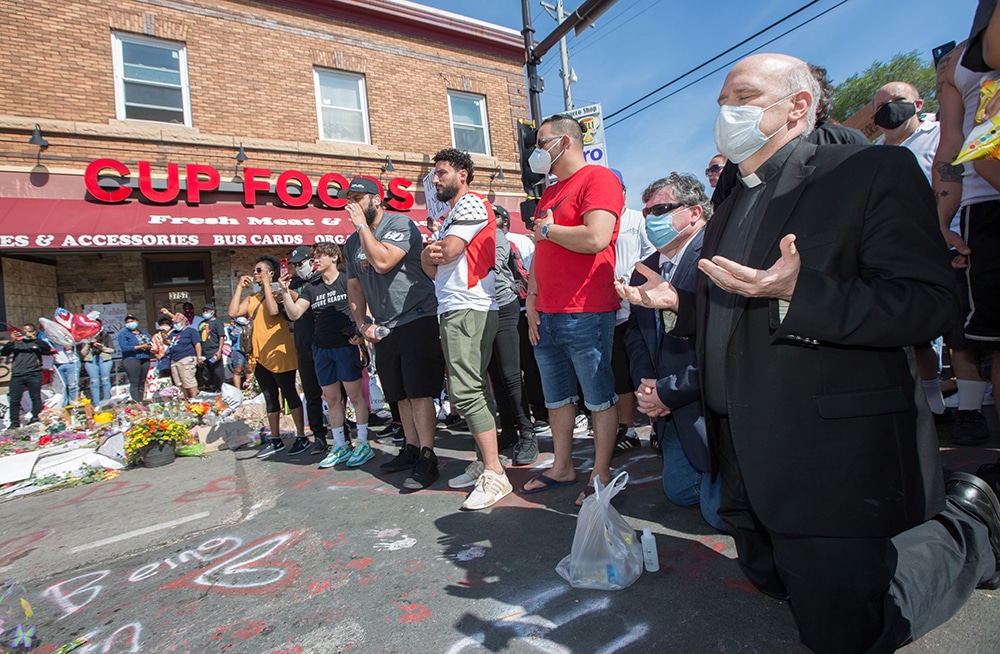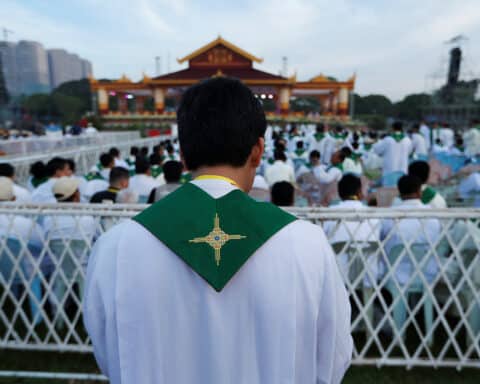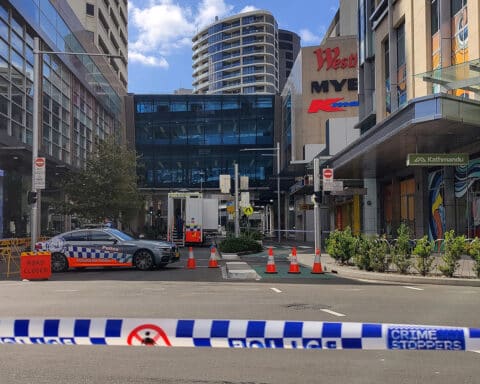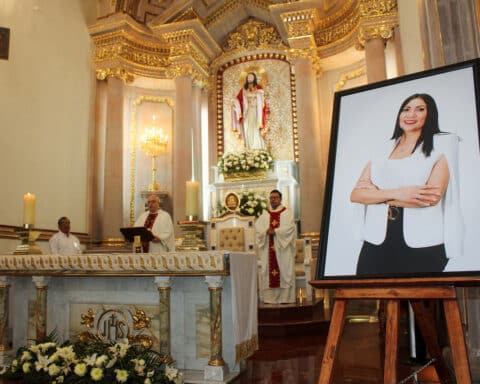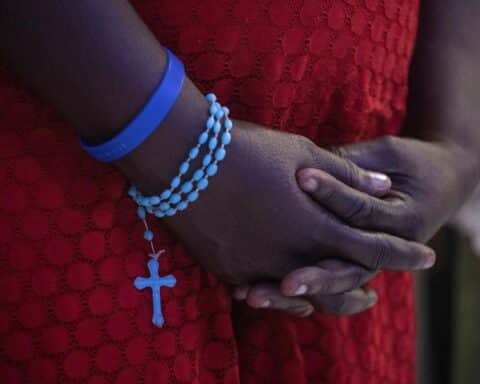In times such as these, it is difficult to find the right words. We think back to May 25, when former Minneapolis police officer Derek Chauvin pressed his knee on the neck of George Floyd for eight minutes and 46 seconds. We think of how Floyd told Chauvin, who was accompanied by three other officers, that he couldn’t breathe — that everything hurt. We think of how those who could have acted, who should have acted, in the name of peace, didn’t. And we think of how another black man in the custody of white police officers is dead because of it.
We think back on the subsequent days of protesting and the nights of senseless violence, with businesses destroyed and individuals beaten and some even killed. Of a country boiling over with rage and savagery, and anxiety and boredom from weeks of quarantine. We think of national leaders in both executive and legislative branches who could have acted, who should have acted, in the name of unity, but didn’t.
We think about the firing of four Minneapolis police officers but the arrest, as of this writing, of only one. And we think about those who could have acted, who should have acted, in the name of justice, but didn’t.
But then we think of those who could have acted, who should have acted, and did. We think of protesters who peacefully made their positions known during the day and appropriately retired to their homes by curfew. We think of the family of Floyd, who have called for peace and calm and for an end to the rioting in the streets. We think of Minneapolis Police Chief Medaria Arradondo who took his hat off out of respect when addressing Floyd’s family on national TV. We think of Bishop Mark Seitz and fellow clergy of the Diocese of El Paso taking a knee to lead nine minutes of silence in remembrance of George Floyd, and to pray for peace and justice. We think of Genesee County Sheriff Chris Swanson who took off his helmet, laid down his baton, and asked the Flint, Michigan, community what he and his officers could do for them. “Walk with us,” they chanted in response. And he did — giving a brilliant blueprint for what an effective response looks like. We think of the moving images of police officers around the country kneeling surrounded by protesters in a gesture of solidarity. We think of volunteers sweeping glass off the streets of Chicago, including in front of the Pauline Books and Media store operated by the Daughters of St. Paul, from which looters stole cash. These small, personal and unifying gestures are the signs of hope that we desperately need — the rays of sunshine trying to pierce their way through gathering storm clouds. We pray that they burst forth and multiply.
In times like these, we can appreciate the principle of subsidiarity, that wise tenet of Catholic social teaching that counsels that matters should be handled at the smallest, the most local, authority. Because the only way we get through a time such as this is by reaching out, as Chief Arradondo and Bishop Seitz and Sheriff Swanson did, person to person, in acknowledgement and in honor of the truth that we are our brother’s keeper. This is what we do so critically each January, when we stand arm in arm and march specifically to protect the unborn from systemic violence. Are we willing to do the same for George Floyd and for the countless other children of God who have lost their lives in similar senseless, preventable tragedies?
In a powerful statement issued May 29, the chairmen of seven committees of the U.S. Conference of Catholic Bishops called on everyone to “seek greater understanding amongst God’s people.
“So many people who historically have been disenfranchised continue to experience sadness and pain, yet they endeavor to persevere and remain people of great faith,” they wrote. “We encourage our pastors to encounter and more authentically accompany them, listen to their stories, and learn from them, finding substantive ways to enact systemic change.” The same can be said of us all.
In times such as these, it is difficult to find the right words. It can be more difficult, still, to find the proper response. But it is not impossible. As we mourn the loss of George Floyd and the many who have gone before him, let us be inspired by those who have successfully encountered one another through small gestures motivated by a desire for justice, for unity and for peace. And let each of us pledge to do the same.
Our Sunday Visitor Editorial Board: Gretchen R. Crowe, Scott P. Richert, Scott Warden, York Young

